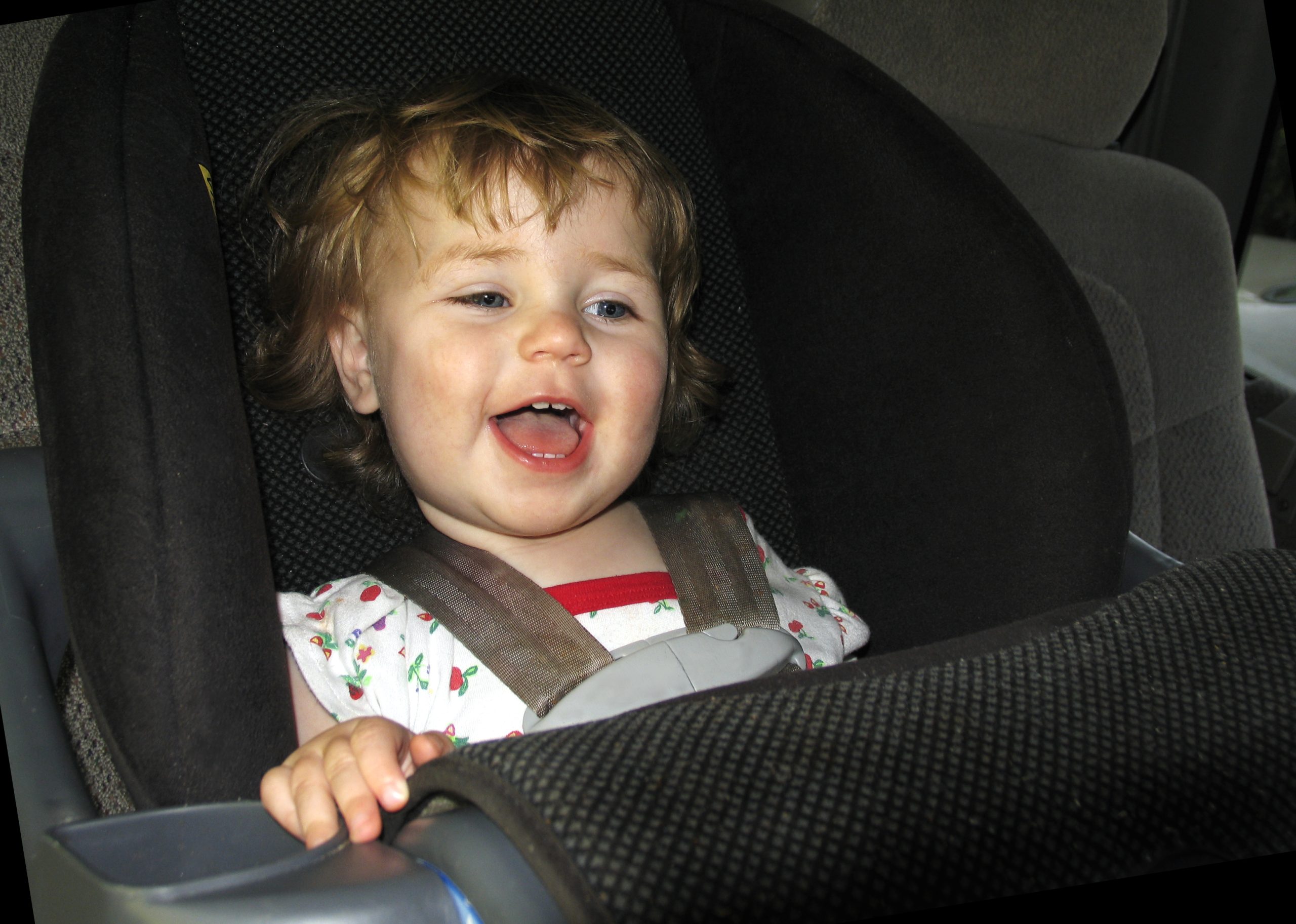- Free Consultation: 401-552-5000 Tap Here To Call Us
U.S. Senate Pushes for Hot-Car Law as Child Fatalities from Heatstroke Increase

So far, 29 children have died in hot-car fatalities in 2017 alone, and the year is only half over. Just this past week, two infants in Phoenix, Arizona died of heatstroke after being left in hot cars by their parents. It can take only minutes on a hot day for a car to reach dangerous temperatures inside and turn deadly for a baby or young child. Though death from heat stroke is not as prevalent here in Rhode Island as it is in some other parts of the United States, it is still a serious concern especially in the hot summer months, and one that the Senate is trying to address. The lawyers at the Providence personal injury law firm of Tapalian Law, would like to share with you some information about the proposed hot-car law and some tips on how to help prevent injury or death from heatstroke in children due to being left in a hot vehicle.
What is the Proposed HOT CARS Law?
Introduced by Congressman Tim Ryan of Ohio, the HOT CARS (Helping Overcome Trauma for Children Alone in Rear Seats) Act of 2017 would require that vehicles are equipped with an alarm to alert the driver that there is a passenger remaining in the back seat after the car is turned off. Current technology allows our automobiles to alert us when lights are left on or keys are left in the vehicle after we exit. These particular alerts are not life-threatening but a similar alert for a child left in the car could certainly be life-saving and prevent injury or death to a young child. Similar legislation has been introduced in the past and backed by safety organizations such as the American Academy of Pediatrics (AAP) and AAA, however the regulations were never passed.
Current Vehicle Technology
General Motors is the first automobile manufacturer to introduce a built-in Rear Seat Reminder technology feature. It is installed in the 2017 GMC Acadia and other models are expected to follow. There are several after-market devices available that are made to attach to a child’s car seat and alert the parent or caregiver via their smartphone when the driver walks a certain distance away from the vehicle without the baby. If the alert doesn’t receive a response, an additional alert will be sent to an emergency contact. Congressman Ryan says that with our society being so busy today, “there’s no reason why when the technology exists, we shouldn’t be using it”.
Tips to Prevent Death or Injury from Heatstroke
It’s easy for a parent or babysitter to think they could never forget a child in the car. But David Diamond, a psychology professor at the University of South Florida says it’s not just about reckless or negligent parents leaving their child in a vehicle. It is about forgetfulness- possibly the parent is suffering from lack of sleep, a change in routine, or some other type of distraction causing them to forget about the child in the rear seat. It can happen to the best of parents or caregivers and can tragically result in injury or death. Kidsandcars.org has produced a helpful safety checklist to read and share with your spouse or partner and other caregivers.
- Make it routine to open the back door of your vehicle every time you park to be sure no one has been left behind.
- Put something you need in the backseat to remind you to open the back door when you park- cell phone, work badge, purse.
- Keep a stuffed animal on the child’s car seat. Put it on the front seat as a reminder when the baby is in the car seat.
- Request that your babysitter or childcare provider call you if your child has not arrived at the scheduled time.
- Keep vehicles locked, even in the garage or driveway, so children can not get in and get trapped inside.
- Do not leave keys or remotes in reach of children.
- If a child goes missing, immediately check inside of all vehicles and trunks.
Hot-Car Deaths Are Preventable
Perhaps the saddest part is that the deaths of these young children lost to heatstroke in a hot-car are preventable. Even if the hot-car legislation is enacted, it would allegedly take up to 15 years for the technology to make its way into most automobiles. It is important that parents remain aware and vigilant in preventing injury or death from heatstroke and from leaving a child in a hot vehicle unattended. We hope you have found these safety tips from the personal injury attorneys at Tapalian Law useful. Parents and caregivers can also research current technology created to remind drivers of a passenger remaining in the back seat as an extra precaution to help them feel more comfortable. If you or a loved one has experienced an injury, or fatality, in a car accident or auto-related incident, contact personal injury attorney, David Tapalian, for a free case review. Tapalian Law specializes in helping the victims and families of car accidents all over Rhode Island and Massachusetts. You can reach us at our Providence office, conveniently located at 350 South Main St, at 401-552-5000 or you can reach us with our easy contact form.







